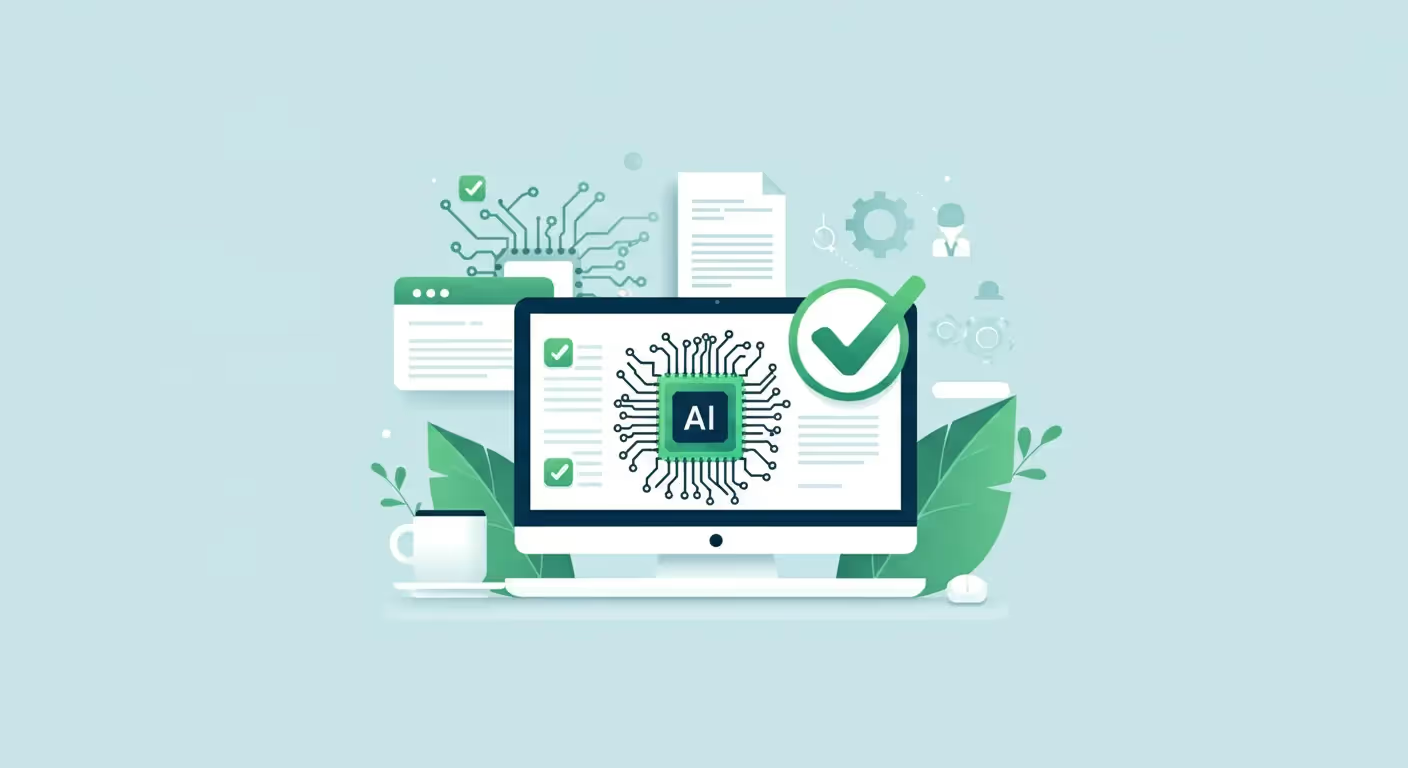Artificial intelligence is everywhere, fueling breakthroughs in medicine, transforming consumer experiences, and reshaping industries that once relied solely on human expertise. But when it comes to automated proofreading, there’s one barrier still holding many organizations back: trust.
Despite the promise of speed, accuracy, and consistency, many life sciences, pharma, print & packaging, and consumer goods teams remain cautious about relying on AI proofreading to safeguard critical content. The question they’re asking is simple: Can we really trust AI with the details that matter most?
The answer lies not in replacing human expertise, but in closing the AI trust gap. Bridging the distance between potential and confidence.
Why Trust Is the Missing Piece in AI Automated Proofreading
In regulated industries, trust is mandatory.
Every label, submission, and piece of packaging artwork must meet the highest standards of accuracy, not just for compliance, but for public safety and brand integrity.
Yet, despite years of proven success, some teams still see AI proofreading as a “black box”—a tool that works in mysterious ways. That uncertainty creates hesitation. After all, if one missed error can trigger a product recall, compliance warning, or even patient harm, “almost accurate” isn’t good enough.
The real issue isn’t whether AI can proofread, it’s whether organizations believe it can do so reliably.
AI Proofreading in Regulated Industries: Building Confidence
To close the trust gap, we need to reframe how AI proofreading in regulated industries is positioned:
AI as a partner, not a replacement
Automated proofreading isn’t about sidelining skilled reviewers. It’s about removing the burden of repetitive checks, so humans can focus on higher-value tasks like strategy, compliance interpretation, and creative problem-solving.
Transparency over mystery
The most trusted AI proofreading tools explain their results clearly, flagging errors with context so reviewers understand why something was flagged, not just what was flagged.
Validation you can prove
In pharma, life sciences, and packaging, AI proofreading must be rigorously validated against regulatory standards. That validation builds trust because it demonstrates repeatable, auditable accuracy.
Consistency at scale
Humans get tired. Deadlines compress. Mistakes happen. AI proofreading ensures consistency across thousands of pages, labels, and artworks, making “human error” a thing of the past.
When positioned this way, automated proofreading becomes less of a gamble and more of a safety net.
Closing the Gap: From Skepticism to Confidence
The road to widespread adoption of AI proofreading depends on trust by design. Here’s how leading organizations are closing the gap today:
Embedding AI into SOPs
When automated proofreading becomes a standard step in regulatory workflows, it evolves from a “nice-to-have” into a “must-have.”
Auditing and benchmarking
Teams that regularly compare AI proofreading results against manual reviews see firsthand how accuracy improves, making confidence grow over time.
Focusing on explainability
Tools that show users how they arrived at a result inspire confidence and encourage adoption across skeptical teams.
This approach transforms AI from an experimental tool into a trusted cornerstone of compliance and quality assurance.
The Future of Automated Proofreading: A Trust-First Mindset
Automated proofreading has already proven it can accelerate timelines, cut costs, and improve accuracy across industries. But its real breakthrough will come when organizations move past hesitation and start building workflows where trust in AI is the default, not the exception.
The future isn’t about choosing between humans or AI, it’s about bringing them together to form the most reliable, efficient, and error-proof review process the industry has ever seen.
Closing the AI trust gap is more than a technical challenge. It’s an opportunity: to protect patients, strengthen brands, and bring innovation to industries where the cost of error is simply too high.
Ready to Close the AI Trust Gap?
Automated proofreading is no longer the future, it’s the present. The question is, are you ready to make it a trusted part of your workflow?
GlobalVision helps the world’s leading pharma, life sciences, packaging, and CPG companies integrate AI-powered proofreading into their compliance processes with confidence.
See how GlobalVision can help your team move faster, avoid costly errors, and stay compliant.




